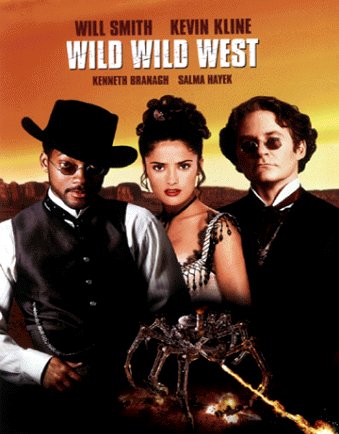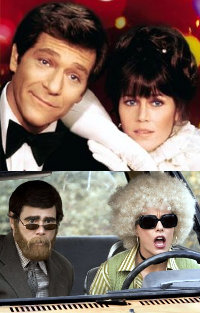Both of my sons are now Little League baseball players, and I’m thrilled. They are too. (In fact, Jonah is so happy playing baseball that at a recent practice, after he batted a base hit, the coach had to remind him to run to the base — not to skip.)
But Little League baseball is only a few months out of the year, so recently Andrea handed me information about signing up the kids for football in the fall. I immediately vetoed the idea. Andrea was surprised by my vehemence and challenged me on it.
I cited football’s greater likelihood and severity of injuries, but she found this unconvincing, insisting I quote actual statistics, which I didn’t have at hand. Pressing me further, she got me to admit that there’s more to my opposition than just injury statistics. This is the surprising statement that she eventually drew out of me:
“There’s something ugly at the heart of football.”
What?! she said. “Something… belligerent,” I tried weakly to elaborate. I said that, though I enjoy watching football, I didn’t want my kids playing it because of its fundamental unwholesomeness. “It’s not like baseball, the ‘thinking man’s game,’ which is civilized, noble.”
I don’t blame Andrea for thinking, at this point, that my statements about sports were getting wilder and wackier. I don’t often make bald assertions that I can’t substantiate when called upon to do so. But my strong opinions on this subject would not be denied.
“What about soccer?” she asked. “Soccer’s just stupid,” I said, and rightly so. “Good teamwork is nice to see, but mostly it’s just running back and forth and almost never scoring a goal” — in which respect it’s the cousin of basketball, which is the same thing but with too many goals.
After I got through offending most of the sports world, Andrea theorized it’s only because of the movies I’ve seen. There are baseball movies that I just love — Field of Dreams, The Natural, and A League of Their Own, among others — but I haven’t seen any good football or soccer movies. “What about Any Given Sunday or Jerry Maguire?” I countered — movies that were just OK. “Those are more about the business of football,” she said. “Behind the scenes. I’m talking about a movie about football itself.” I asked her to name some but she couldn’t.
Maybe there’s a reason there are a lot of emotionally resonant movies about baseball but not football or soccer, I said. Maybe on some level filmmakers know the same thing about sports that I do. The sport of football can’t be the hero of a movie. Only baseball is innately uplifting.

